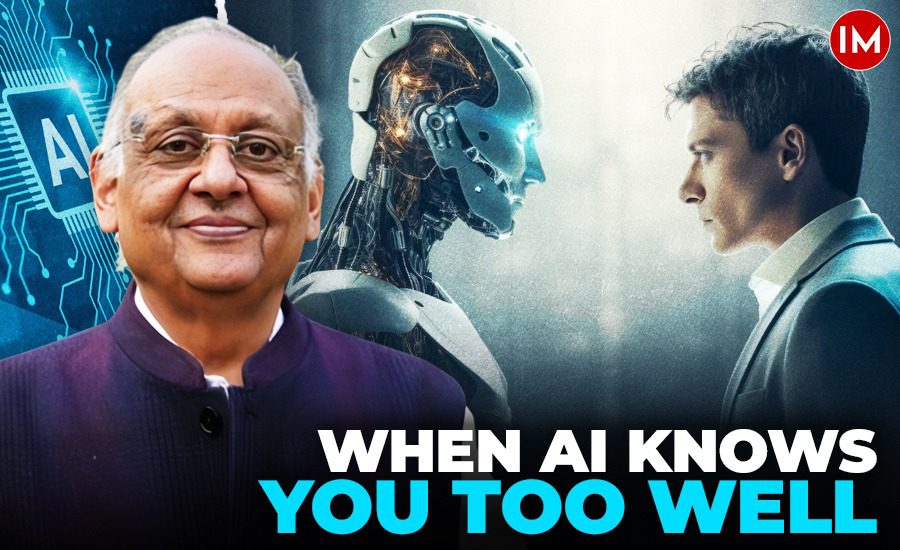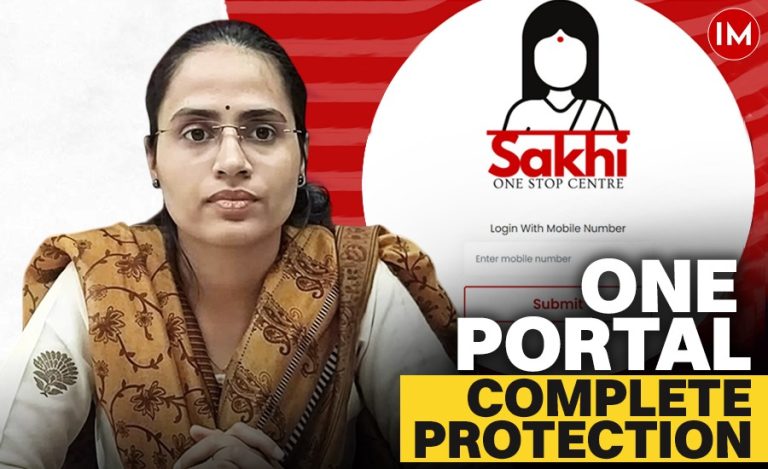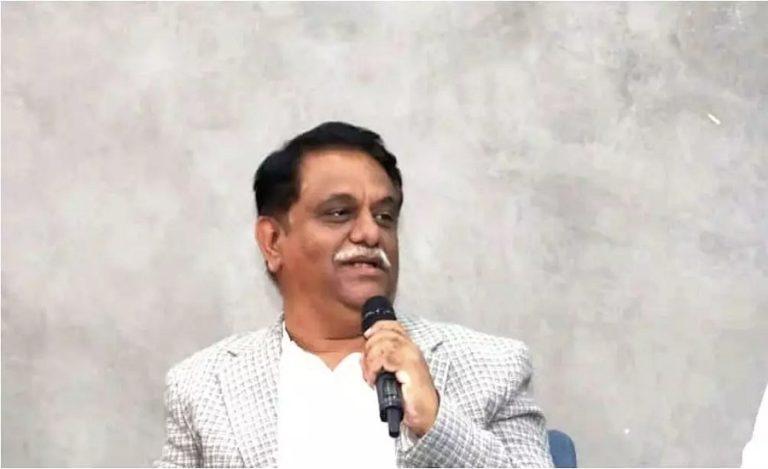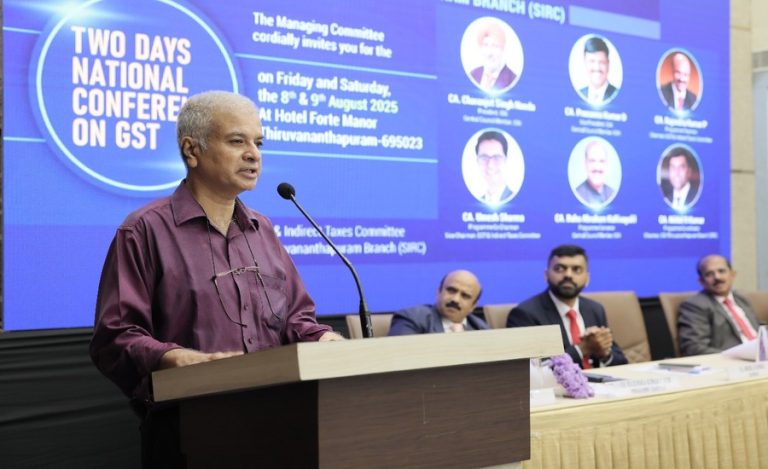I woke up this morning to the gentle buzz of my Apple smartwatch. It had decided I’d had enough sleep. Before I even opened my eyes, it had already measured my heart rate, studied my sleep pattern, compared it with my past week’s data, and picked the “optimal” time to wake me. I didn’t argue. I rarely do.
A few years ago, an alarm clock was something I set. Now, it sets me.
The AI That Lives With Us
We often imagine Artificial Intelligence as something far away — self-driving cars, robots doing surgeries, machines running factories. The kind of futuristic stuff that makes news headlines and political speeches.
But here’s the truth: AI is already everywhere in your life, quietly making decisions you don’t even notice. The music that starts playing when you open an app isn’t random — an AI predicted what you’d like at that moment. The “recommended” video you clicked on last night wasn’t just luck — an AI guessed what you wouldn’t be able to resist. The price of the flight ticket you bought last week? Decided by an algorithm that calculated exactly how much you would be willing to pay. Even the route your map app chose this morning!
We like to believe we make these choices. In reality, AI is already our invisible personal assistant… and sometimes, our invisible boss.
Not the Big AI Debate
Let’s be clear: here I’m not talking about the big dramatic questions — Will AI cure cancer? Will it create a world without poverty? Will it replace human beings entirely?
Those are important debates. But this is about something more intimate, more immediate — the AI that is already inside your home, your phone, your mind, shaping your everyday life right now.
We barely notice it, and that’s exactly how it wants it.
From Help to Habit to Dependence
Think of the first time you used Google Maps. It was amazing. A friendly voice told you exactly where to turn. You could relax, no more unfolding maps or asking strangers. Then came food delivery apps — “too tired to cook? We’ll bring it to you.” Then shopping apps — “you might also like this.” Then payment apps — “no need to count cash, just tap here.” Each step felt like a convenience. But slowly, convenience turned into habit, and habit turned into dependence.
Today, if Google Maps went down for a day, millions would be stranded in their own cities. If YouTube stopped recommending videos, many wouldn’t know what to watch. If your phone’s predictive text stopped working, typing even a simple message would suddenly feel like a chore.
That’s how deeply AI has melted into our routines.
It Knows You Better Than You Know Yourself
Let’s be honest — AI already has a more detailed diary of your life than you ever wrote. It knows: What time you usually wake up, even on holidays; the shops you pass but don’t enter; the words you type and then delete; how long you pause on a post, even if you don’t click it.
By piecing together these tiny clues, AI builds a picture of you that’s frighteningly accurate. In many cases, it can predict your next move more reliably than your closest friend or family member.
And because it knows you so well, it can nudge you — to buy, to click, to linger, to return.
When Choice Stops Being Ours
One of the most powerful things AI does is filter the world for us.
You don’t see “all” the news — you see the news the algorithm decides you should see. You don’t see all the products — you see what the algorithm thinks you’ll buy. Even the people you interact with online are often chosen for you by a matching algorithm. It’s as if you’re walking through a giant supermarket, but instead of all the aisles, you’re shown only three — the ones an AI thinks you’ll like. You still feel like you’re making free choices, but you’re choosing from a menu that someone else designed.
This is not science fiction. This is today.
The Paradox of AI in Daily Life
On one hand, AI saves us time, effort, and mental energy. It can make us healthier, more productive, and better informed — in theory. On the other hand, every small decision it takes for us is one less decision we take for ourselves. And the more we outsource decision-making, the less we practice it. Slowly, we risk losing the muscle of independent choice.
It’s like hiring a personal trainer — great for your fitness, unless you outsource all your workouts to them. Then you’re just standing there while someone else lifts the weights.
Why Awareness Matters
The point is not to reject AI. That’s neither realistic nor wise. The point is to be aware that it’s there — in your phone, in your home, in your pocket — shaping your day in ways you don’t see. When you’re aware, you can: question a suggestion before accepting it; occasionally take a different route than the one suggested; choose a song, a book, a movie without waiting for a recommendation; set your own alarm — just to remind yourself you still can.
These are small acts of reclaiming agency.
A New Skill for the Modern Age
In the past, being “educated” meant knowing facts, reading books, and writing clearly.
In the near future, being truly educated will also mean knowing when you are being nudged, and deciding whether to follow or resist. It’s not just about digital literacy; it’s about decision literacy.
Recognizing that your environment — from your watch to your news feed — is not neutral, but curated, personalized, and optimized for certain outcomes. Some of those outcomes are good for you. Some are good for business. Some are good for neither.
The Silent Invasion
AI didn’t storm in with flags and fanfare. It tiptoed in through convenience, loyalty points, free trials, and “personalized experiences.” It’s not here to announce itself; it’s here to blend in until you forget it wasn’t always there. And maybe that’s the most powerful thing about it — not its ability to do what we can’t, but its ability to take over what we can, without us even noticing.
So, the next time your phone, your watch, or your favorite app makes a choice for you- pause for a moment. Ask yourself: Is this my decision, or just the easiest one AI wants me to take?
That simple question might be the first step to keeping you in charge- in an age when AI is everywhere, yet almost invisible.
(The author is a 1972-batch IAS officer (Retd) of the UP Cadre. He has been Secretary to the Government of India & Member, Competition Commission of India. He has been a student of Artificial Intelligence for the past 10 years.)

































